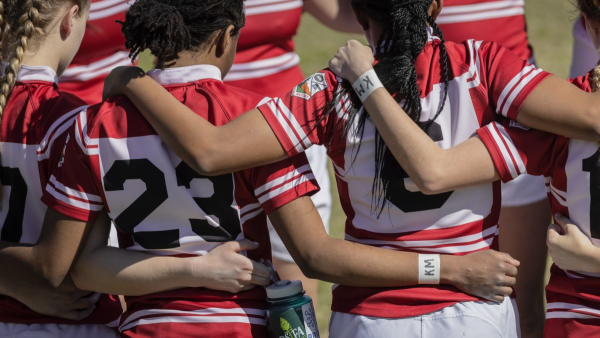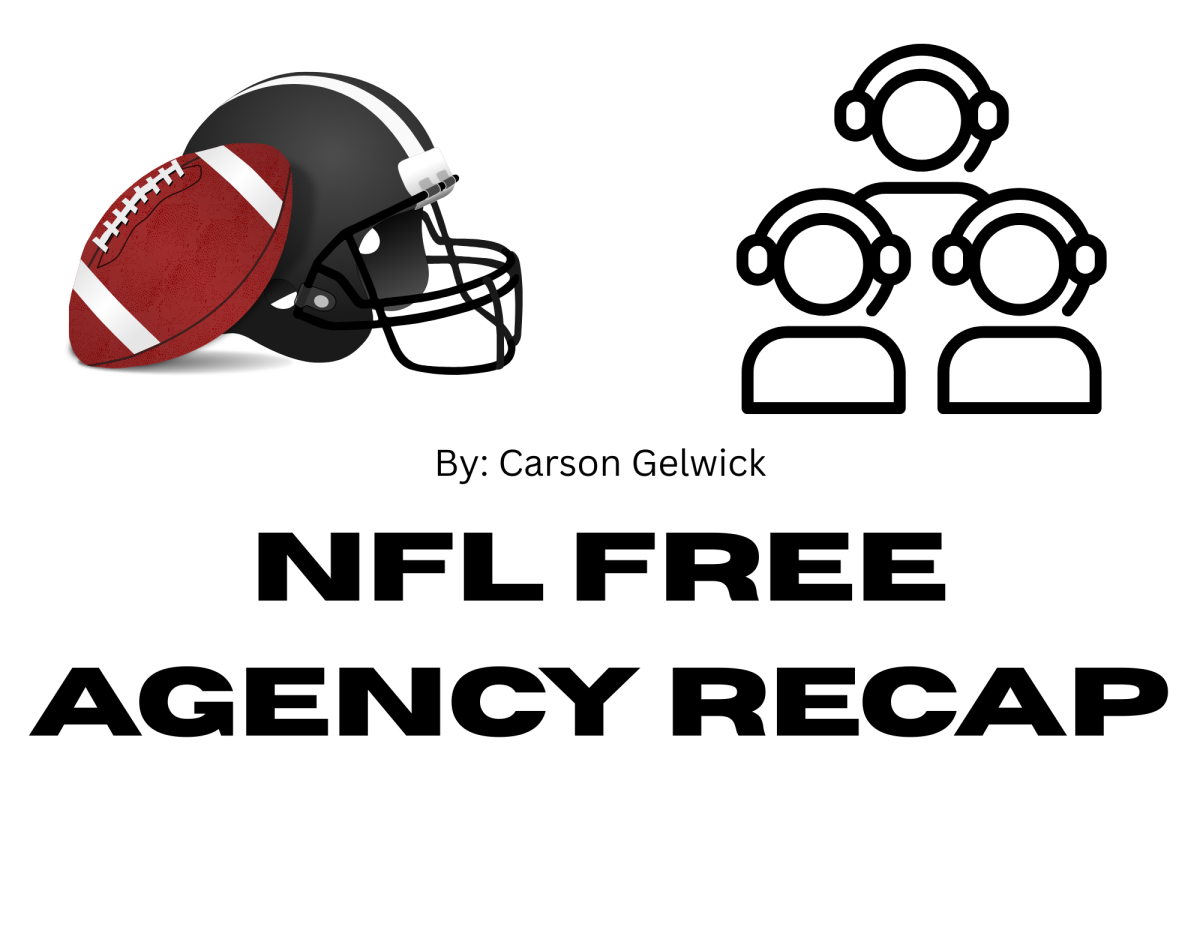Struggles with mental health have always existed, due to the stress that humans endure day to day. But now, more than ever, suicide rates have skyrocketed. A big factor currently is the effect of sports on the youth. Let’s take a look at sports on a college level.
Already, between the months of March and April of 2024, 5 students playing in the NCAA (National College Athletic Association) took their lives. The University of Wisconsin grieves Sarah Shulze, a star runner who took her life due to pressure and stress. Katie Meyer, an outstanding goalkeeper for Stanford, is missed terribly by her teammates, friends, and family. The Northern Michigan Track Team lost a key member of their crew, Jayden Hill. Lauren Bernett is missed drastically by the James Madison Softball team, where she excelled winning player of the week just four days before her death. Robert Martin, an undergraduate at Binghamton, was in his fifth year as a stellar goalie for their soccer team and left a legacy behind him.

To dive deeper, let’s analyze some facts. NBC news took time to inspect the NCAA, and they found that of the “1,102 NCAA athlete deaths that happened during 2002 to 2022, 128 were suicides among people who ranged from 17 to 24-years-old. Most suicides happen at 20 years of age.” The article, Suicides Put Spotlight on How Hard it Can Be for Student-athletes to Ask for Help, talks about the fact that athletes tend to treat their mental health struggles with the same “no pain, no gain” mentality they were taught at a young age so they could remain competitive while dealing with injuries. A fact that stood out to me was, “over 50% of people who die by suicide have no mental health diagnosis.” When I read this, it was easy to see how shocked people were when an incredible athlete like those listed above took their own lives. When we think of the topic “mental health,” it is important to highlight the mental aspect. Even though it is in the title, recognizing mental health is still extremely hard to navigate, because the damage is within someone, and rarely shown on the outside. All the deaths within these past three months have hurt the players’ families and teammates as much because it was unexpected. An article based on an NCAA mental health assessment stated that, “Athletes are generally thought of as one of the healthiest populations in our society, yet the pressures of school, internal and external performance expectations, time demands, injury, athletic identity and physical fatigue can lead to depression, mental health problems and suicide.”
We see everything negative, but what is going on to help benefit these athletes? Well, the NCAA has changed gears and is doing everything they can to reduce suicide rates. In early 2024, the NCAA released an updated Best Mental Practices document. The best practices, developed by the NCAA Committee on Competitive Safeguards and Medical Aspects of Sports, reflect a consensus of the Mental Health Advisory Group, which includes representatives from science, medicine, sports medicine organizations and the NCAA membership. Under the NCAA constitution adopted in January 2022, each school — regardless of division — must facilitate an environment that reinforces physical and mental health within athletics by ensuring access to appropriate resources and open engagement with respect to physical and mental health. The document consists of four major enforcements:
- The creation of healthy environments that support mental health and promote well-being.
- Procedures, including mental health screening tools, for identifying student-athletes with mental health symptoms and disorders.
- Action plans that outline referral pathways of student-athletes to qualified providers.
- Licensure of providers who oversee and manage student-athlete mental health care.
These rules were made in the best interests of the NCAA athletes, to shower them in the support and care that they deserve. It’s time to recognize and make a difference, in honor of the beautiful lives lost to mental health struggles.
Cited Articles:
Mcquire, C. (2024) How the NCAA is Prioritizing Mental Health, NCAA.org. Available at: https://www.ncaa.org/news/2024/5/1/media-center-how-the-ncaas-prioritizing-mental-health.aspx#:~:text=Post%2Deligibility%20insurance%20%E2%80%94%20mental%20health,1. (Accessed: 22 May 2024).
Whelan, B.M. et al. (2024) Suicide in National Collegiate Athletic Association Athletes: A 20-year analysis, British Journal of Sports Medicine. Available at: https://bjsm.bmj.com/content/58/10/531 (Accessed: 22 May 2024).
Wrabretz, E. (2022) Suicides put spotlight on how hard it can be for student-athletes to ask for help , NBCNews.com. Available at: https://www.nbcnews.com/news/us-news/suicides-put-spotlight-hard-can-student-athletes-ask-help-rcna26266 (Accessed: 22 May 2024).






